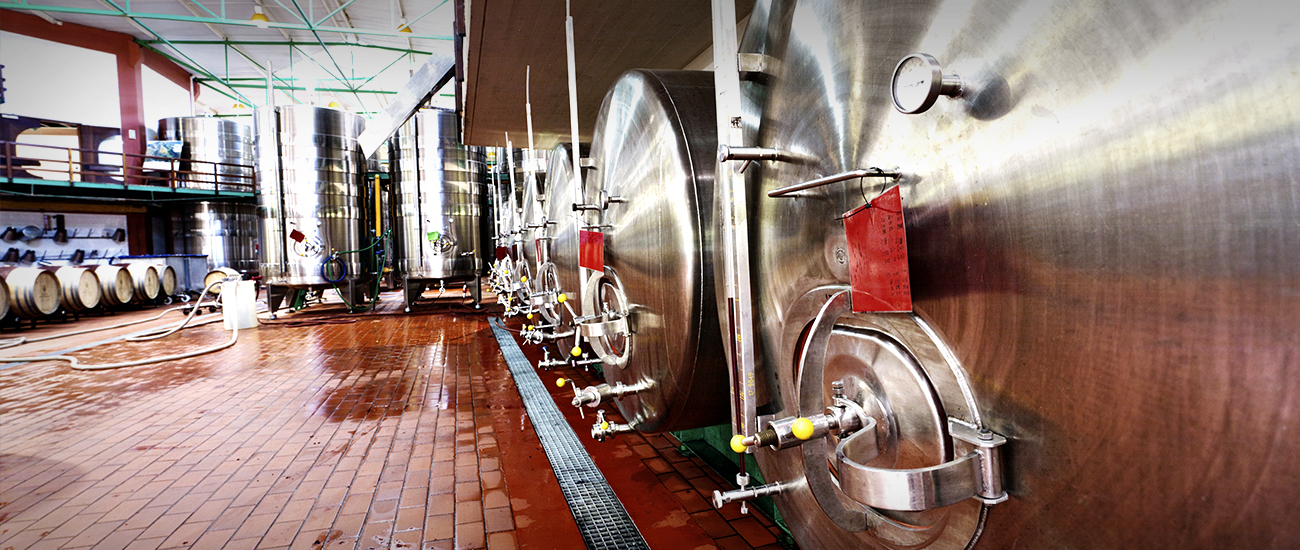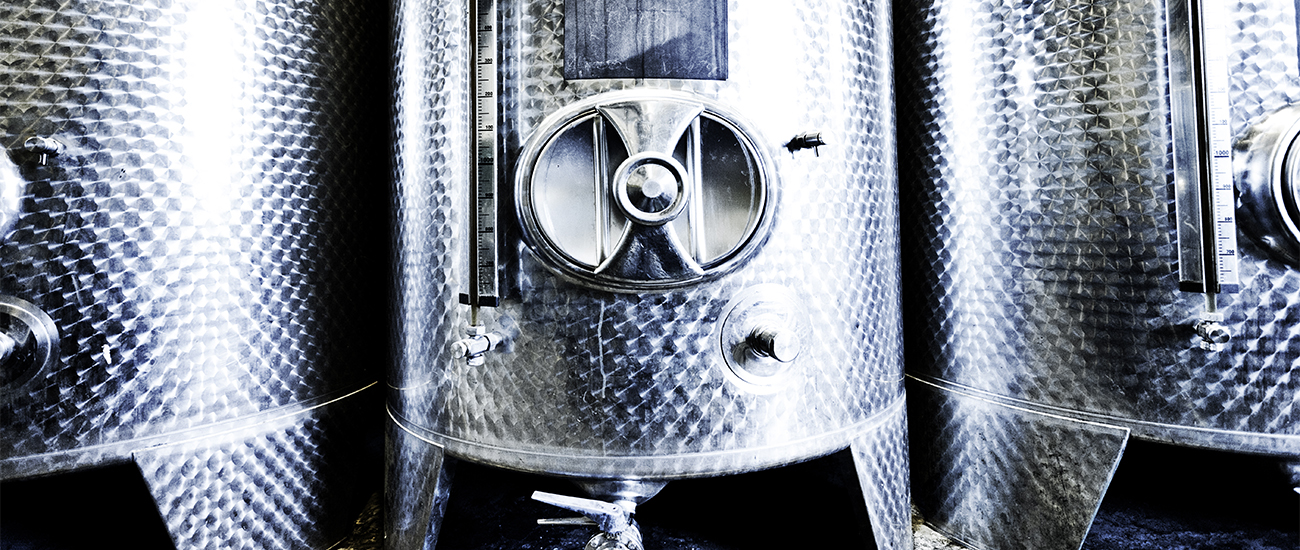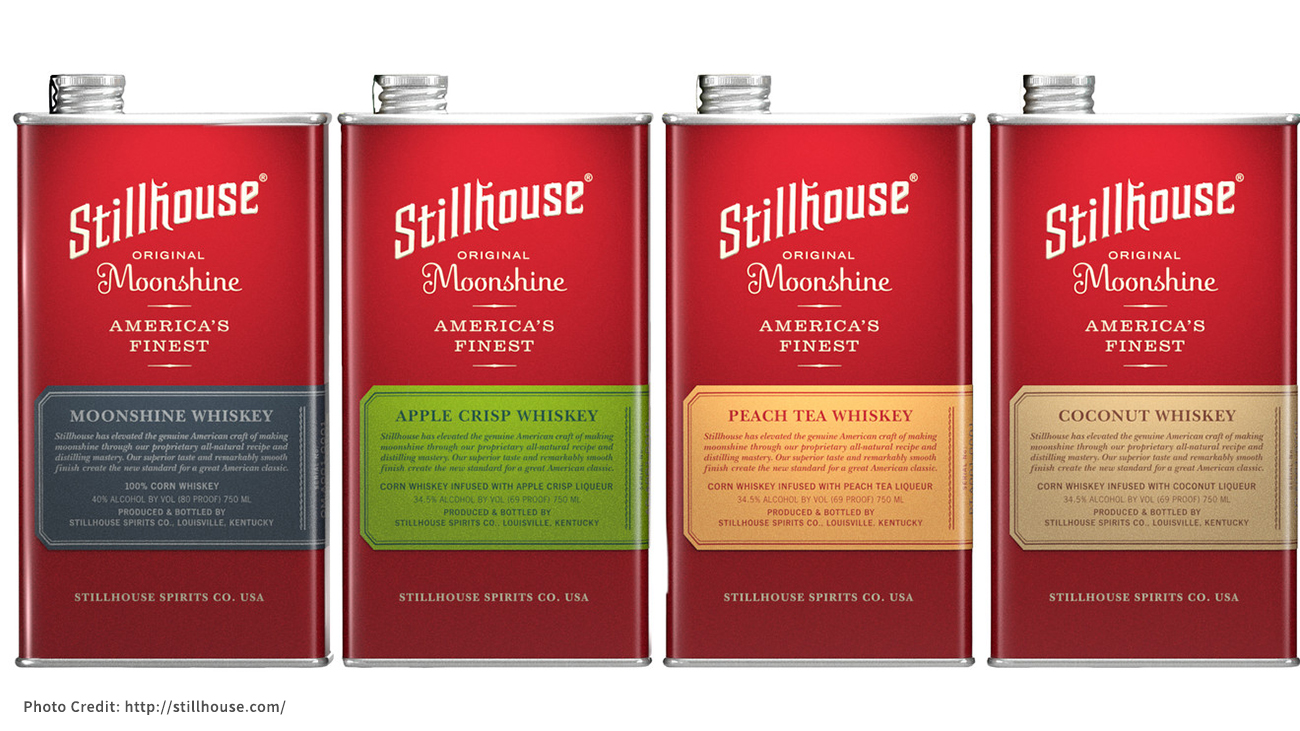Over the past few decades, stainless steel has become an essential material to the alcohol industry, where it has largely replaced outdated, inadequate materials. Legislation in many parts of the world acknowledges the neutrality of stainless steel, which does not alter the taste or look of alcoholic beverages, and creates the conditions for perfect cleaning and sanitization.
As such, the metal is ideal for every aspect of alcohol production, from fermentation and aging of wine and spirits to the storage and distribution of the world’s best brews.
Read on to find out some other specific ways stainless steel has influenced the alcohol industry.
Wine Production
It’s a commonly known fact that wine gets better with age. But in addition to how long a wine is aged, what it’s stored in during that aging process can make the difference between producing a mediocre vino and an award-winning vintage.
To store wine for long periods without spoilage requires a material that is easy to fabricate, strong and resistant to a highly acidic environment. Which is why stainless steel is the preferred material in all stages of the wine production process.

The introduction of stainless steel tanks in the 1950s and 60s was advantageous, as they were easy to keep clean and limited wine loss—one of the biggest limitations of oak barrels, the preferred container up until the 19th century.
In addition to sanitary reasons, stainless steel tanks ensure that no additional aromatic components are expressed in the wine. This allows for the grapes to convey their own aromas, making the finished wines crisper and fruitier than those fermented in a barrel.
Additionally, compared to oak barrels, stainless tanks are extremely durable and can be reused again and again. Unlike other materials, stainless steel does not develop permanent discoloration and remains visibly hygienic.
Tequila Fermentation & Distillation
Tequila—a distilled Mexican beverage made from the blue agave plant—is more often associated with margaritas and Cinco de Mayo than steel. But the material is vital to the production of this alcohol.

In addition to hygienic properties, stainless steel vats, which are used during the fermentation of tequila, do not impart any additional flavors into the mixture of blue agave juice and mosto, the distinctive water of the beverage.
Because no leeching occurs in either the fermentation or distillation process when stainless steel is used, the resulting tequila “blanco” is clear in color and solely the result of the fermentation of the agave juice and spring water.
Stainless steel is a neutral container that allows the natural elements of the blue agave to be fully experienced, enabling nature to create a unique flavor without adding any of its own character.
Moonshine Packaging
Once prohibited in America, moonshine, an unaged booze usually made from corn, has gone from the shelves of elusive speakeasies to the front and center of the alcohol industry.
Stillhouse is one of the brands responsible for the current moonshine renaissance. To give the brand an improved and stronger identity, its packaging recently underwent a bit of a facelift.

The company has abandoned the glass bottle altogether and started packaging its product in stainless steel cans that closely resemble old-fashioned turpentine cans. (Which is appropriate, considering the liquor’s age-old reputation of being notoriously potent.)
The switch to stainless—a spirits industry first—isn’t just for branding purposes. There’s also the practical aspect that a steel can doesn’t break like glass. It also holds temperature especially well, which is important for those consumers who like to keep their booze frigid.
Beer Cups
More than 200,000 cups made from stainless steel smelted in Sheffield, England will be handed out to merrymakers at this year’s Glastonbury Festival. The initiative, which has been three years in the making, is part of organizers’ efforts to reduce the amount of waste produced on the site of the festival.
Rather than using copper, which can react with beer, and pewter, which can affect the taste of the beverage, the cups utilize food-grade stainless steel, which doesn’t affect the beverages it comes into contact with.
The initiative also encourages other UK businesses to think about how they can support the British steel industry as it experiences a slump.
For festivalgoers that do decide to keep their cups, they are encouraged to reuse them following the event. After all, steel is one of the most recyclable-friendly materials in existence.
